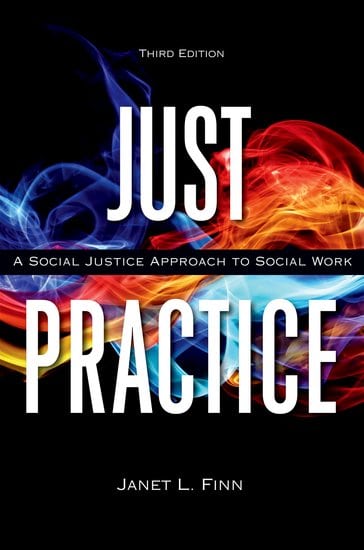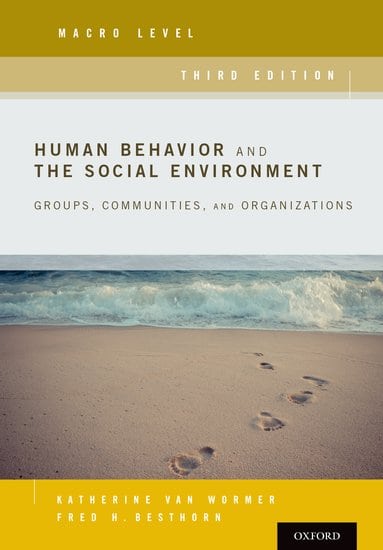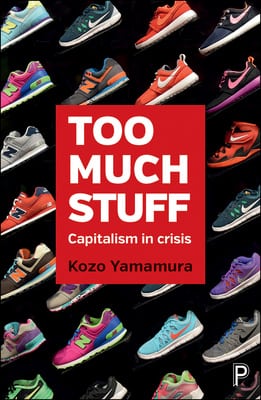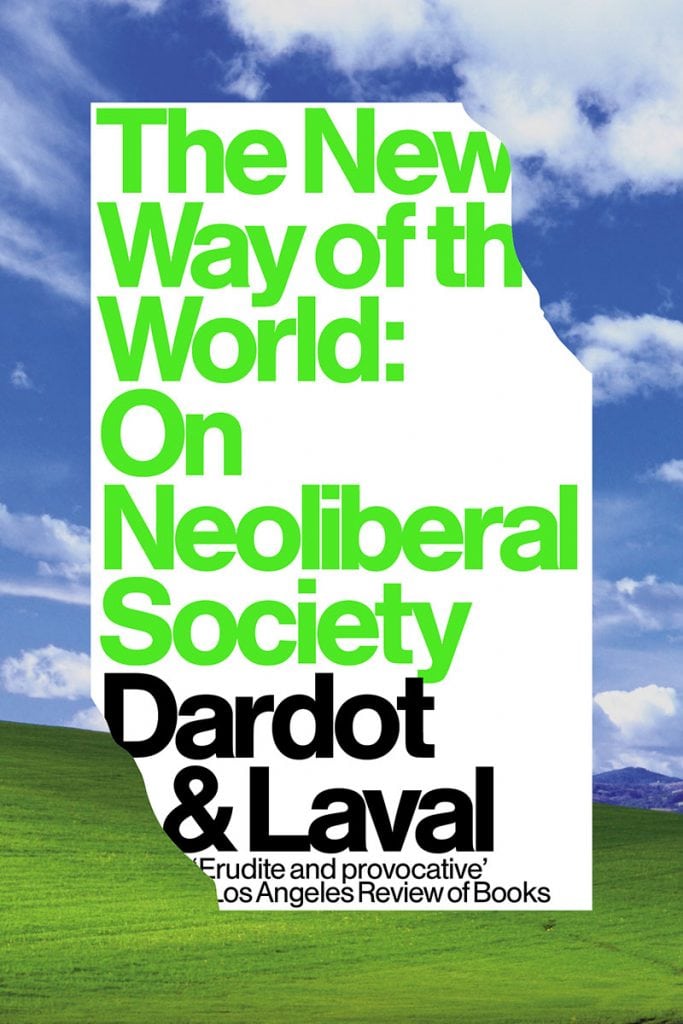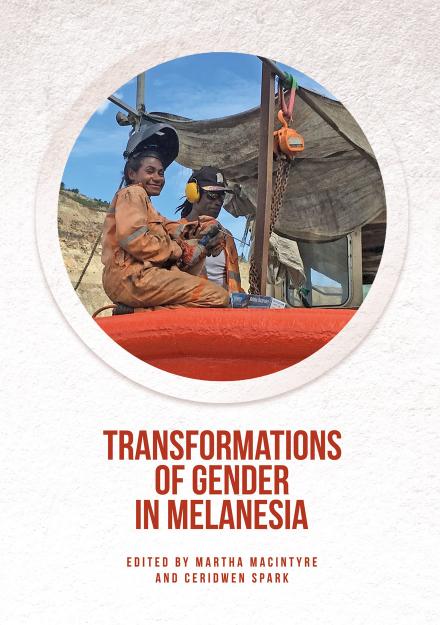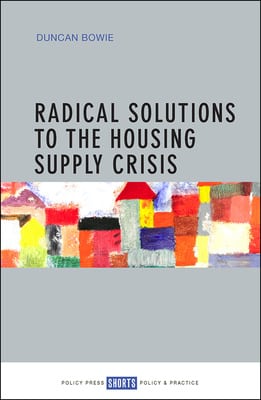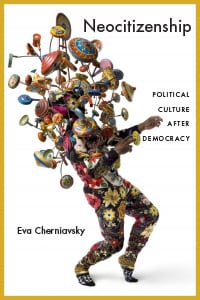In the Long Run We Are All Dead: Keynesianism, Political Economy, and Revolution
The Verso Book of Dissent: Revolutionary Words from Three Millennia of Rebellion and Resistance
Teaching as Scholarship: Preparing Students for Professional Practice in Community Services
Transforming Patriarchy: Chinese Families in the Twenty-First Century
Shrinking Violets: The Secret Life of Shyness
Sisters of Tomorrow: The First Women of Science Fiction
Rural Origins, City Lives: Class and Place in Contemporary China
Jackboot Germany: A New History of the Gestapo
“In fact, most Germans rarely bumped into the Gestapo. They were satisfied with the dictatorship because they believed its promise to eliminate disruptive elements from public life: Communists, repeat offenders and so-called asocials who contributed nothing to the “national community.” Many citizens shared Gestapo fantasies of “cleaning up” the country by throwing “riffraff” into concentration camps. Family doctors and social workers joined Gestapo officers to identify “disabled” or “work-shy” individuals for incarceration or sterilization. A majority of Germans did not find the boundary between order and disorder arbitrary. The Gestapo gained legitimacy precisely because it left most people alone. “
Imperialism in the Twenty-First Century: Globalization, Super-Exploitation, and Capitalism’s Final Crisis
Canada: Alternative Federal Budget 2017 High Stakes, Clear Choices
This year, the AFB proposes a federal budget that takes decisive action on what matters to Canadians: creating jobs, reducing income inequality, lowering poverty levels, closing unfair and expensive tax loopholes, and getting the economy moving. The measures in this year’s AFB would lift a million Canadians out of poverty, double economic growth to 5.4%, and, at its peak, result in 460,000 new jobs, bringing Canada’s unemployment rate down to 6.4%.
Human Behavior and the Social Environment, Macro Level Groups, Communities, and Organizations, Third Edition
Group Work with Populations At-Risk, Fourth Edition
Too much stuff: Capitalism in crisis
Planet of Slums
Housing, Citizenship, and Communities for People with Serious Mental Illness
Clinical Laboratory Medicine for Mental Health Professionals
The New Way of the World: On Neoliberal Society
Places in Need The Changing Geography of Poverty
Tainted Witness: Why We Doubt What Women Say About Their Lives
Proposing Prosperity?: Marriage Education Policy and Inequality in America
Assessing Empathy
Weathering Katrina: Culture and Recovery among Vietnamese-Americans
Study Guide to Preventive Medical Care in Psychiatry: A Case Approach
Countering Violent Extremism Through Public Health Practice: Proceedings of a Workshop
Marriage Vows and Racial Choices
The Health of Newcomers: Immigration, Health Policy, and the Case for Global Solidarity
Disaster Capitalism: Making a Killing Out of Catastrophe
The Ministry of Nostalgia: Consuming Austerity
In this brilliant polemical rampage, Owen Hatherley shows how our past is being resold in order to defend the indefensible. From the marketing of a “make do and mend” aesthetic to the growing nostalgia for a utopian past that never existed, a cultural distraction scam prevents people grasping the truth of their condition.
